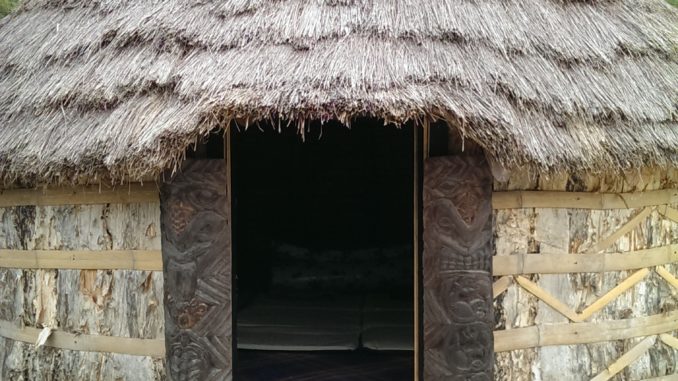
In la Tribune 07/10/2020
Between 2012 and 2013, as I met with New Caledonian political leaders from all sides, I remained surprised by the absence of an inclusive nickel strategy between North and South of the island. This mining partition was contradictory and at odds with the ever-increasing globalization of the nickel market. This is why I had strongly emphasized the need for a common Caledonian vision, because SLN (Société Le Nickel, editor’s note) was already facing great difficulties, the Vale-Goro plant was also in question, the Koniambo was a bearer of hope and the Korean plant was leading to a success story.
The State, a creditor in vain
In 2020 hopes have materialized, the Korean plant is one of the best in the world and Koniambo Nickel is operating, although a technical delay limits its capacity. But the threats were also more precise on the SLN which was again in a bad position after the rout of 2016 and over Vale-Goro with a possible closure announced at the end of 2020.
SLN’s concern remained the profitability of out-of-date tools. Poorly managed at the time, the company had not implemented its announced modernization. Then, badly advised in 2016, the State prevented it in vain from drowning by becoming its creditor, in vain indeed, because in 2020, despite its efforts, economic time caught up with political time and risked overtaking it.
In spite of inspections, in 2015 and 2019, the dams of two Vale mines tragically collapsed in Brazil. Their upstream architecture was less costly than a downstream method, but was reputed to be more fragile. At Brumadinho in 2019, 12 million m3 of tailings were dumped. As a result, Vale gave itself 3 years to dismantle its 10 dams in upstream mode. The cost was about 1.2 billion euros at the time. Then, under the aegis of the United Nations, on August 5, 2020 new international standards for tailings dam were made public. Subsequently, in September 2020, after an investigation by the Brasilia Justice Department, the number of Brazilian tailings ponds deemed dangerous and owned by Vale was 29.
The Goro tailings park was not one of them, however, at the session of the New Caledonian Congress on September 14, 2020, a question remained unanswered: why will Vale close the Goro plant at the end of December 2020, as since this summer nickel hydroxide production has been deemed profitable there? Does the explanation lie in the dam? Its architecture is in downstream mode, safer than in upstream mode, and a study of the impact on communities and the environment in the event of collapse was carried out in 2019. Its nominal capacity is 45 million m3, but it will not be reached before 2023 – at a rate of 5 million m3 per year. At that time, the $500 million Lucy Project, funded by Vale, will replace wet tailings with dry tailings in the form of a second dam consolidating the first.
Why, despite these positive appearances, does Vale no longer wish to deposit wet tailings as of the end of 2020, but instead accept that a buyer will do so in its place? There are many hypotheses, and in the event of a takeover, it would be desirable for Vale to give the buyer a liability guarantee on the tailings facility, which should now be in line with the recommendations of the new August 2020 standards.
What strategy for nickel after the referendum?
New Caledonia is a land of translucent but contrasting feelings. The whole sometimes reminds one of an old French dissertation subject:
"Corneille painted men as they should be and Racine as they are".The hearts of many metropolitans understand that without New Caledonia, France would lose some of its charm, and at the same time, their reasoning may lose its serenity.
This perception of mixed feelings was embodied during the evening of the October 4, 2020 referendum on NC1ere. In the midst of interviews and debates, political personalities from Avenir en Confiance, Calédonie Ensemble and FLNKS stood out positively and clearly by their realism, their calm, their open-mindedness, their wisdom or their vision.
While Paris recalled that the State would be there to guide New Caledonia towards its true stakes, a collective nickel strategy between North and South and led by these personalities would solve the SLN problem and unravel that of Goro, before they were held hostage to a third referendum. It is only time for Caledonians of good will to write this common vision together.